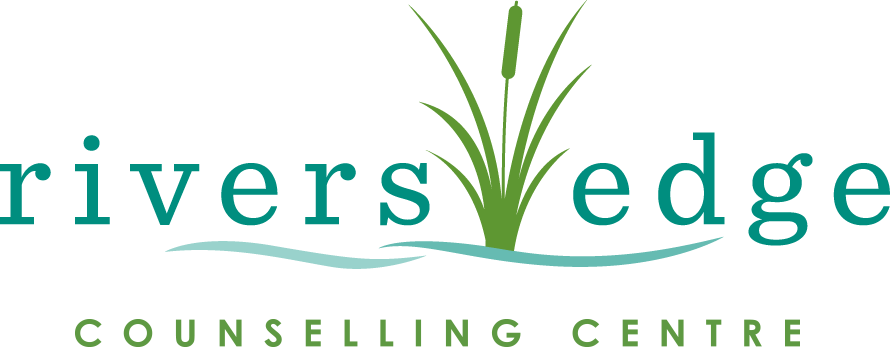Renée Dangerfield-Allen
Therapist (RSW)
Welcome
There are many reasons you may be considering therapy at this time in your life, and I am excited about your journey. My own journey of change and healing began over 30 years ago and I’m so glad I took that courageous step to transform my life. I believe that therapy is about looking at ourselves honestly using a lens that sees all the strengths, assets, and resiliency that we possess as well as the opportunities for growth and change.
Areas of Practice
emotion regulation
interpersonal communication (friends, family, co-workers)
my approach
The psychodynamic approach tends to resonate for me because it is insight oriented, which will help you understand the ‘why?’ or the ‘roots’ of your situation, and also because it places value on the therapeutic relationship. But beyond the why, many are seeking answers to their ‘how?’ questions. How do I change myself, this behavior, or this relationship? To further support this discovery, I also draw on tenets of trauma theory, existential theory (purpose and meaning-making), resiliency & attachment theory, mindfulness practice, narrative perspectives, emotional freedom technique, Gottman, emotion focused therapy, motivational interviewing, psycho-education and the expressive arts.
Utilizing a variety of these techniques, I work from a person-centred perspective which means that we work together to determine the best therapeutic approach for you. Your safety, trust, choice, and empowerment are always most important.
Therapy Approaches
education and professional qualifications:
Master’s of Social Work (Clinical specialization)- University of Calgary
Bachelor of Arts (Communications/Psychology)- Simon Fraser University
Art Therapy Techniques- St. Stephen’s College
Expressive Arts Apprenticeship- World Arts Organization
Registered Social Worker- Alberta College of Social Worker
favourite quote
“Deep healing begins only after we feel heard”
~ unknown
For more information,
or to schedule a session:
More About My specialties
[ Open All | Close All ]Research has shown that when trauma is not resolved or healed specific experiences (related to the senses that were activated during the traumatic event) may get re-activated for a long time. When our brain continues to function in state of hyper-vigilance (fight, flight, freeze), we may not feel physically or emotionally safe and may struggle to have a feeling of well-being.read more
You are more than your behaviour and therapy should therefore focus on more than a set of behaviours in order to help you maintain the changes you desire. Addiction does not happen in a vacuum and therapy can help you sort out why you may return to old ways of coping despite your desire to change. read more
Living in a state of communication grid-lock can be extremely painful and often people talk about how much they miss feeling connected with their partner emotionally, physically, mentally, and/or spiritually. I am passionate about supporting couples to learn, improve, or restore their healthy communication skills so that they may better connect and experience the beauty of relationship. read more
Art therapy has been shown to foster a sense of creativity, emotion expression, and spiritual development and can be a safe therapeutic approach when talk-therapy feels difficult, or maybe even impossible. Art therapy is not just for kids, in fact it’s helpful for anyone who has addiction, depression, anxiety, grief, or who has experienced trauma, because it utilizes both the left and right sides of the brain, and that helps to calm the amygdala. read more



Learn about the Process of Addiction and how it can impact major life areas. Understand the continuum of use from non-use to abuse, and decide when to seek support. This talk explores why casual substance use can sometimes lead to addiction.